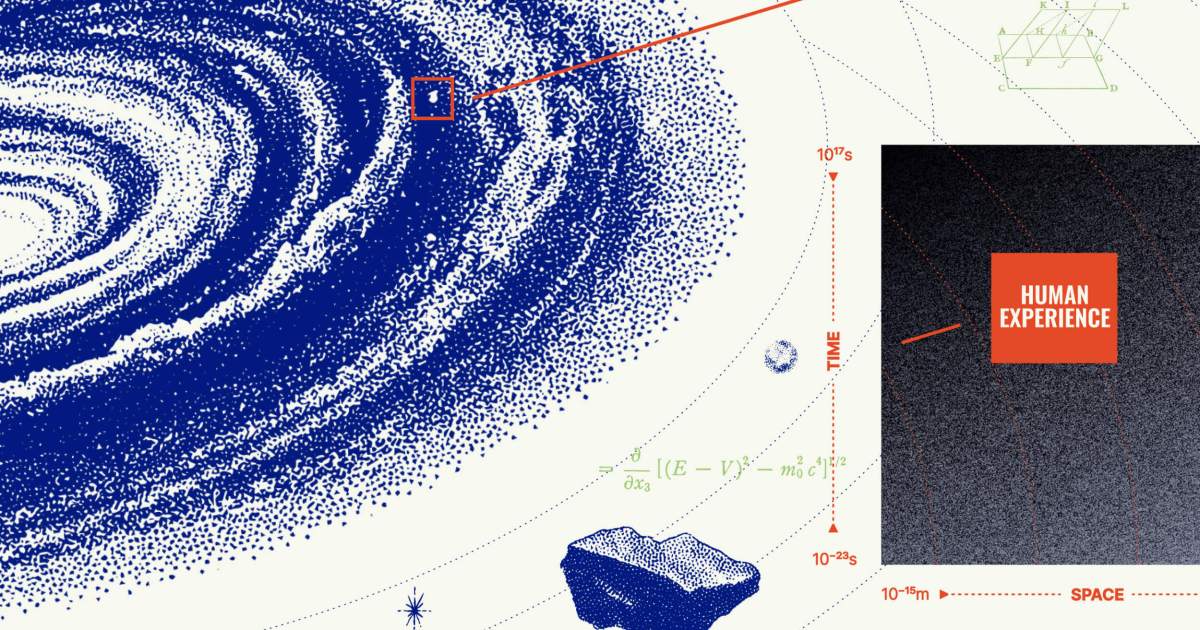Watch World’s Smallest Cat on Interesting Engineering. Explore the latest in technology!
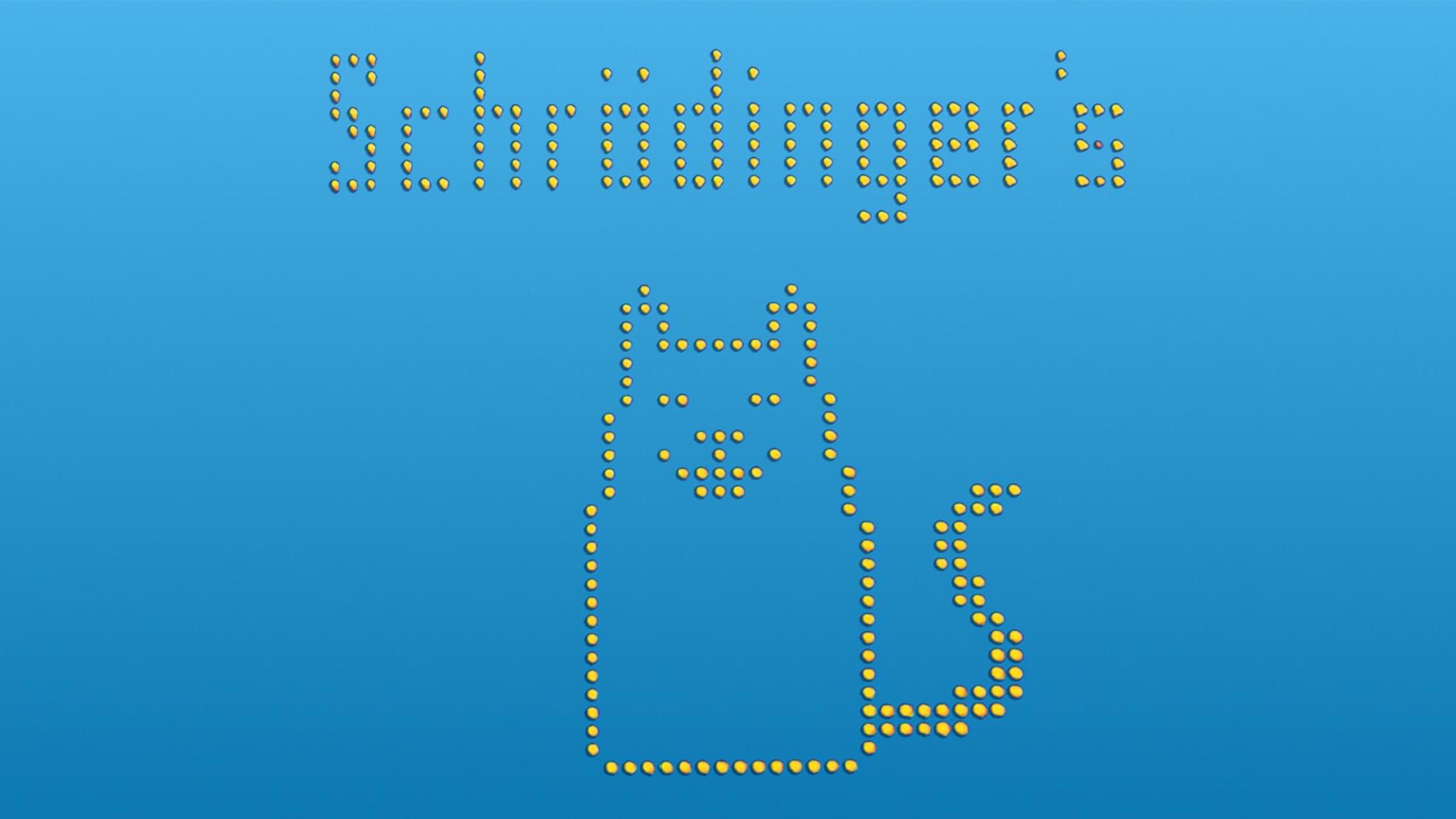

Scientists in the US discovered that zinc-ion batteries could potentially replace lithium-ion ones as fast charging makes them stronger instead of wearing them down.
Led by Hailong Chen, PhD, an associate professor in the George W. Woodruff School of Mechanical Engineering at Georgia Tech, the research overturned the long-standing assumption that fast charging is risky.
Instead, the findings revealed that charging zinc-ion batteries at higher currents can extend their lifespan and potentially revolutionize how energy is delivered to homes, hospitals, and the grid.

US nuclear graveyard scanned with advanced LiDAR tech for safety, risk mapping.
The 3D imaging tool helped them come up with a detailed picture of the conditions of the safe storage enclosures for six cocooned reactors and identify potential issues.
“These inspections are critical to ensuring the cocooned reactors continue to function as designed,” said Tashina Jasso, acting director with the HFO’s Site Stewardship Division.
“The inspections are part of our commitment to reducing risk and preserving infrastructure for long-term management and safe disposal.”

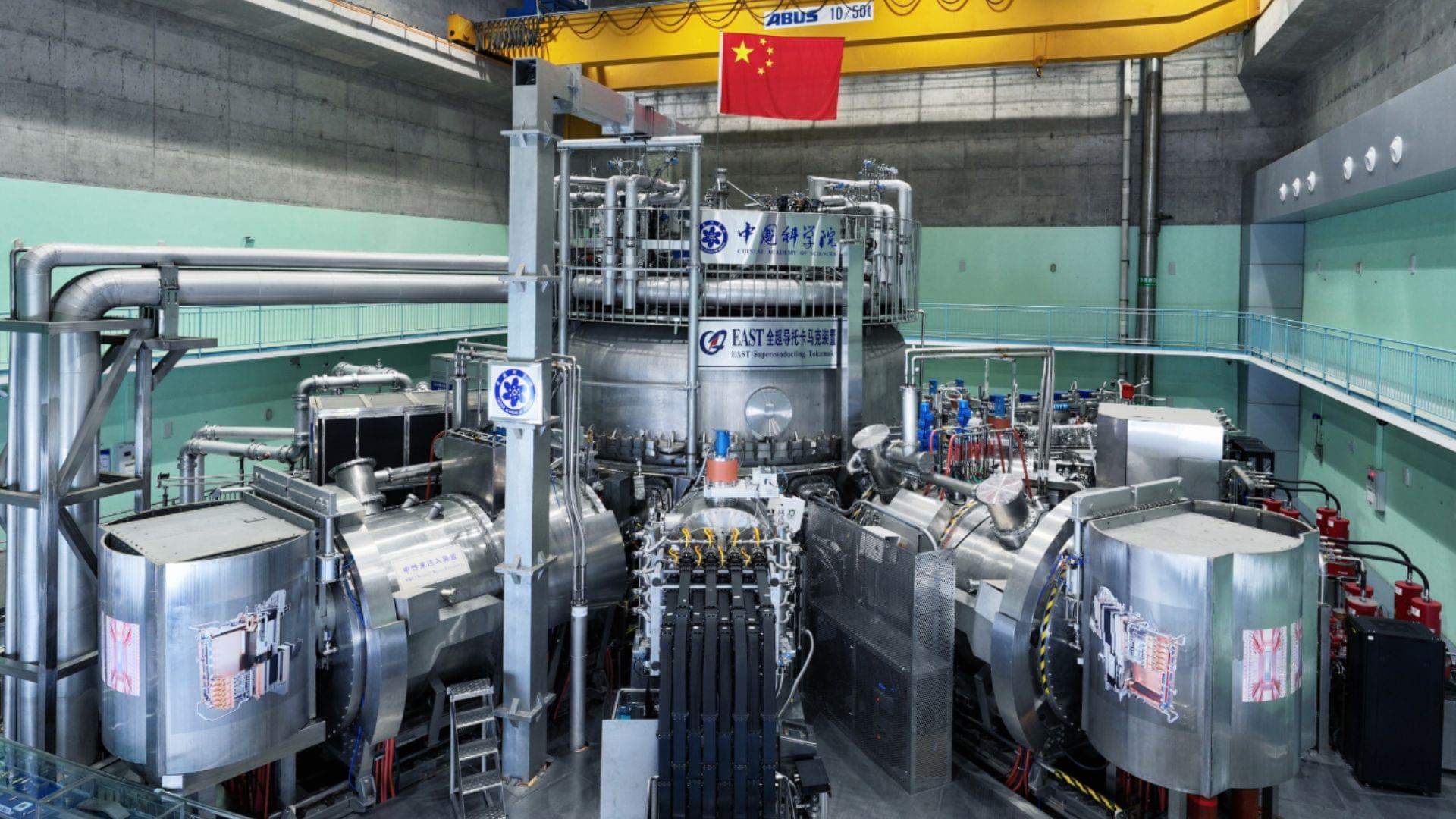
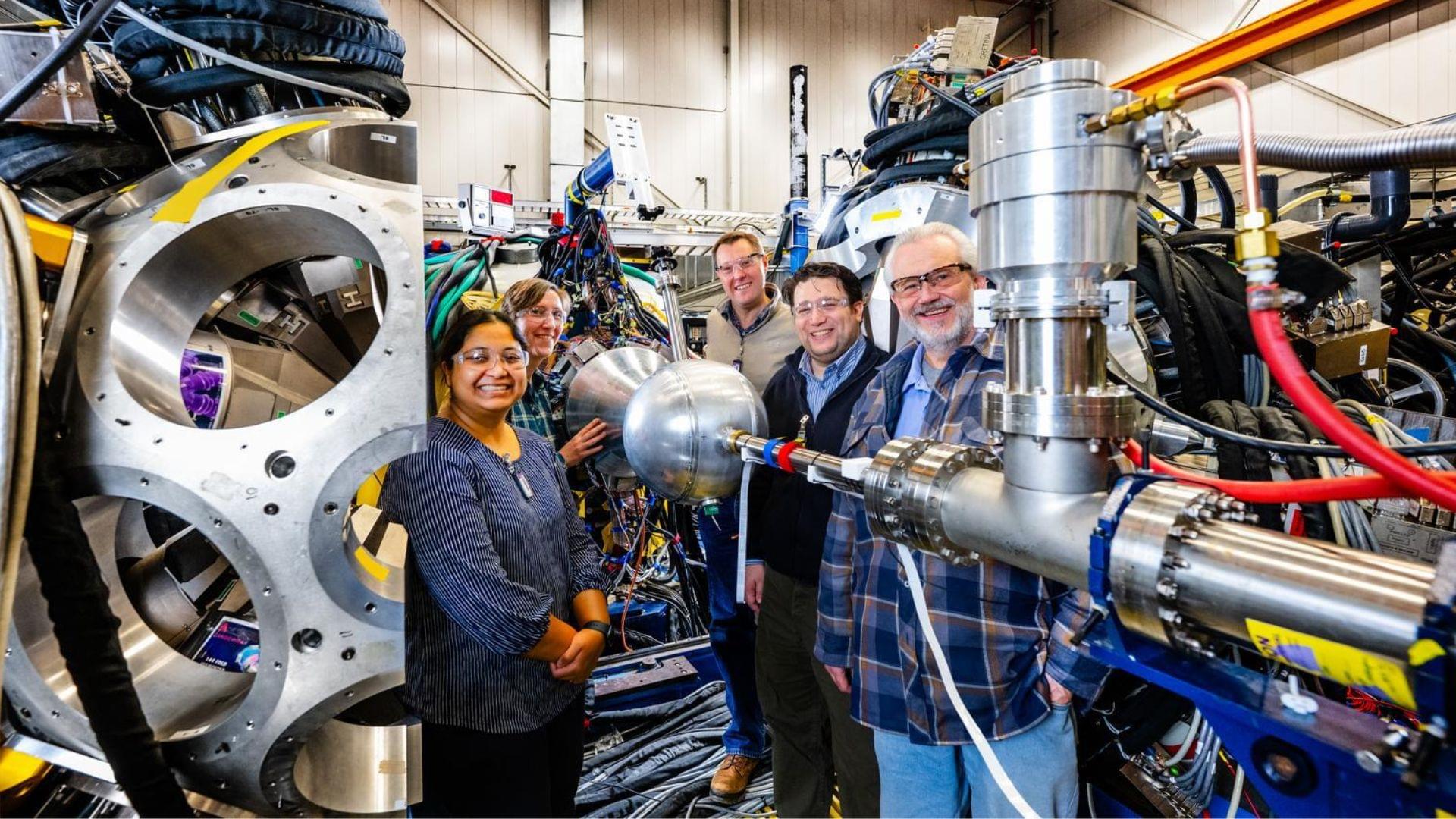

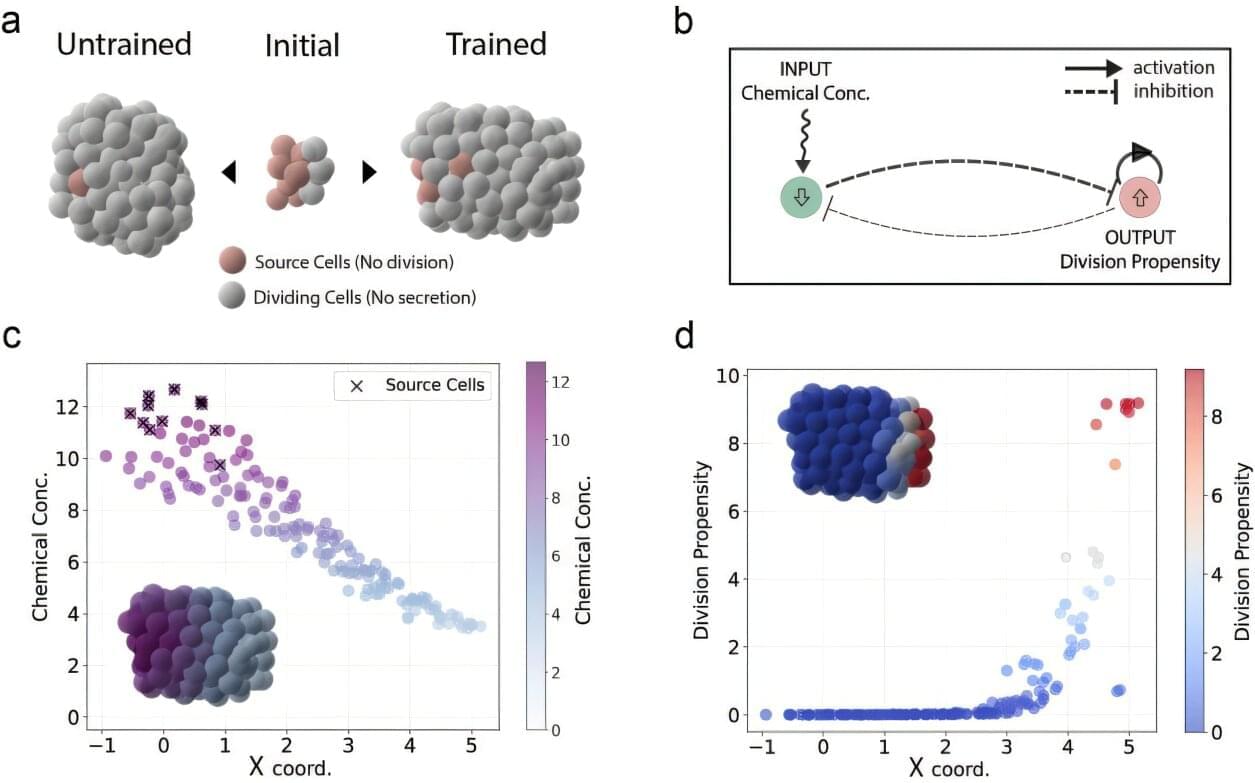
One of the most fundamental processes in all of biology is the spontaneous organization of cells into clusters that divide and eventually turn into shapes—be they organs, wings or limbs.
Scientists have long explored this enormously complex process to make artificial organs or understand cancer growth—but precisely engineering single cells to achieve a desired collective outcome is often a trial-and-error process.
Harvard applied physicists consider the control of cellular organization and morphogenesis to be an optimization problem that can be solved with powerful new machine learning tools. In new research published in Nature Computational Science, researchers in the John A. Paulson School of Engineering and Applied Sciences (SEAS) have created a computational framework that can extract the rules that cells need to follow as they grow, in order for a collective function to emerge from the whole.
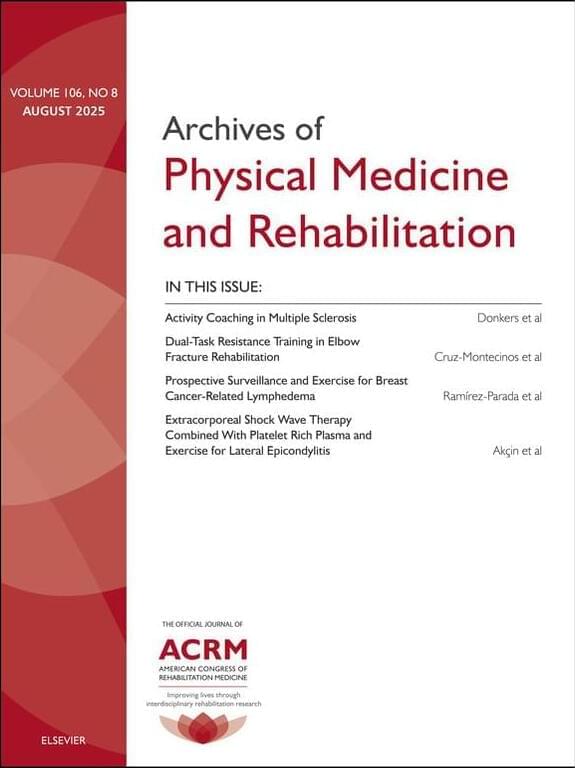
Researchers increasingly use online tools to advertise studies, recruit participants, and collect data, enabling access to individuals in remote or rural areas, those with limited mobility, and participants facing time constraints. While online platforms offer significant advantages, online research remains vulnerable to fraudulent activity, which can compromise the validity of study findings and deplete both funding and human resources. This special communication describes the real-world experiences of two research groups, one in Canada and one in the United States, who encountered fraudsters in both randomized controlled trials (RCTs) and observational studies.
